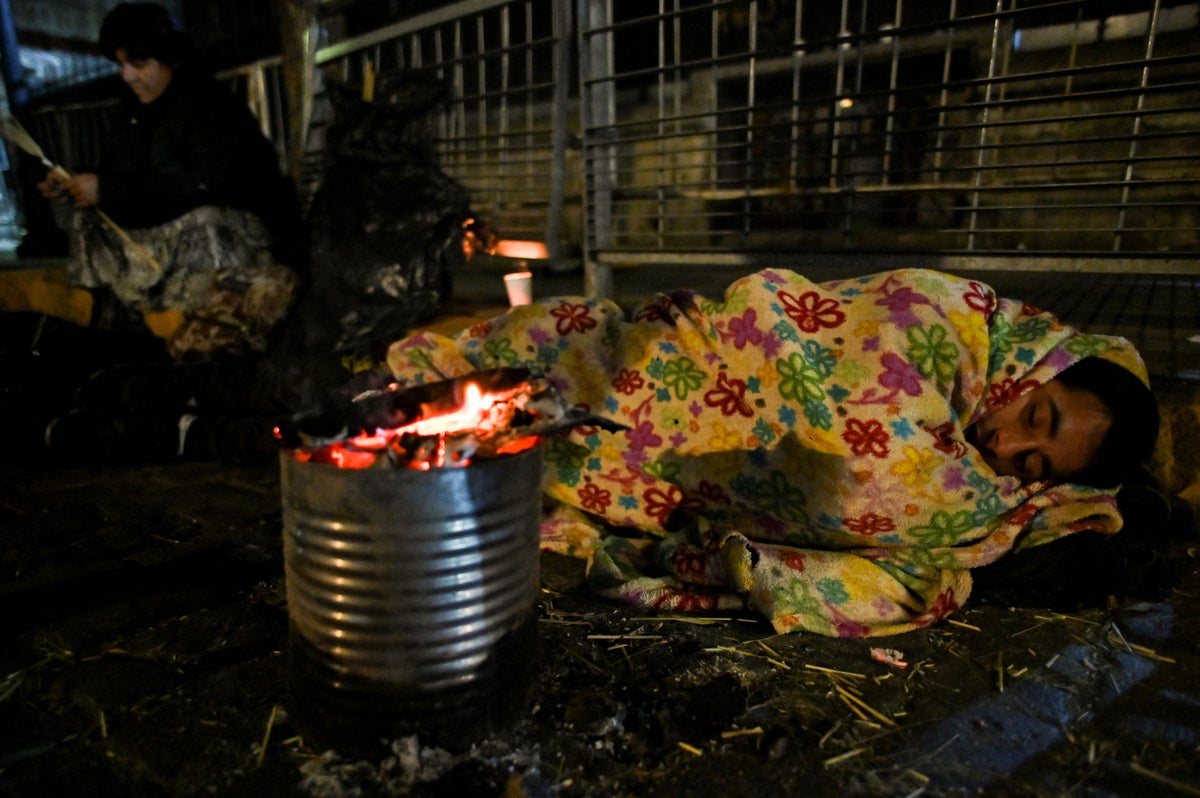
Increased sleep fragmentation is the “strongest predictor of mortality,” according to a new review of studies.
The research, published recently in the journal Digital Medicine, assessed 12,000 studies investigating characteristics of individuals during their sleep, including chin and leg movement, breathing, and heartbeat.
Scientists, including Emmanuel Mignot from Stanford University, developed a system using machine learning to predict a person’s “sleep age” and identify variations in sleep most closely linked to mortality.
Sleep age, they say, is an estimated age of a person based on the characteristics of sleep that are linked to their health.
Previous research has documented that sleep is one of the first things that is disturbed in many disorders.
Scientists cited the example of Parkinson’s disease patients and said that in most cases, they violently act out dreams some five to 10 years before other symptoms show.
Assessing different features of individuals’ sleep, the new study found that sleep fragmentation, when people briefly wake up several times at night without remembering it, was the “strongest predictor” of mortality.
Researchers say this kind of sleep disruption is different from when a person realises they are waking up, as reported in sleep disorders like insomnia and sleep apnea.
However, scientists say it is unclear how sleep fragmentation is linked to the risk of death.
“Determining why sleep fragmentation is so detrimental to health is something we plan to study in the future,” Dr Mignot said in a statement.
In the research, scientists determined what average sleep looks like at a particular age.
They then used a machine learning system to assess patterns in the data of individuals in the 12,000 studies and used it to predict their sleep age.
Using the difference between people’s chronological age and their sleep age, researchers then predicted their mortality based on the assumption that older sleep age is an indicator of a health problem.
Higher sleep age was mostly reflected in “increased sleep fragmentation,” suggesting it is a marker of future health, scientists concluded in the study.







